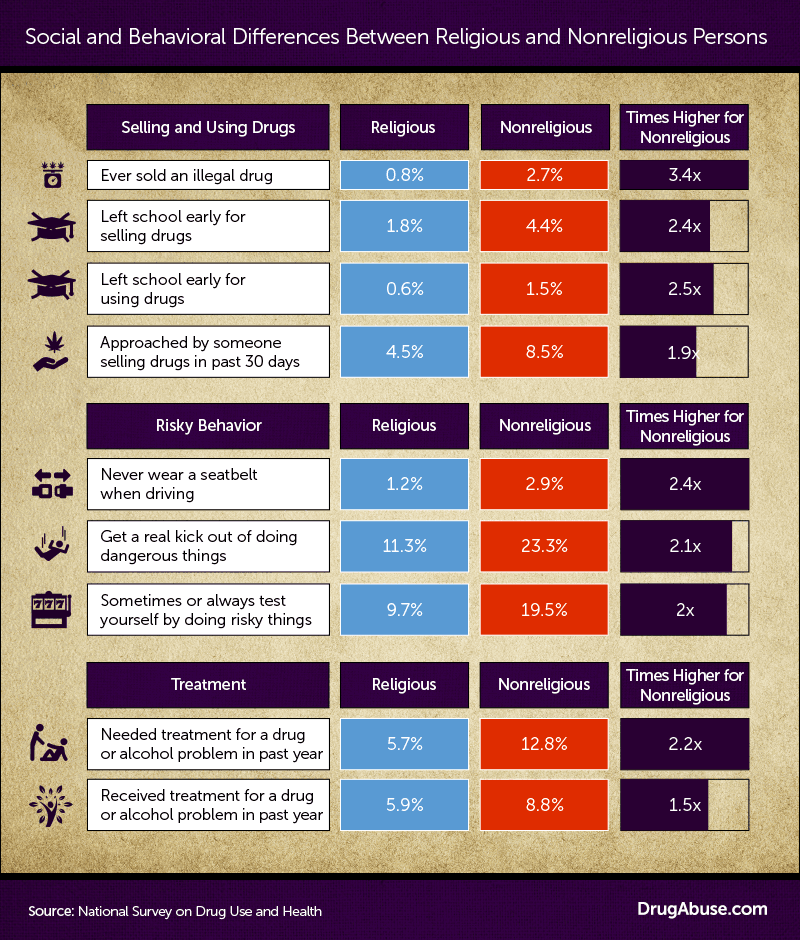
DID YOU KNOW...
THERE ARE BELIEVERS, WHO DAILY STRUGGLE WITH ADDICTION! MANY KEEP THEIR ADDICTION TO PRESCRIPTION DRUGS OR ALCOHOL SECRET FROM THEIR PASTORS AND CHURCH FRIENDS BECAUSE OF SHAME AND THE FEAR OF REJECTION. -Are you a believer struggling with an addiction, alcoholism or a chemical dependency? -Do you have a family member who is a pothead, an alcoholic or a drug addict? -Are you alarmed to know that believers’ lives are being destroyed by substance abuse? Addiction and alcoholism is epidemic in the U.S. Many of us have at least one close relative, friend or acquaintance that drinks too much, uses illegal recreational drugs, like marijuana, or abuses prescription painkillers. The purpose of this blog is to stimulate thought and to provide information addressing substance abuse and addiction issues that include CHRIST, THE ULTIMATE HIGHER POWER. WHETHER YOU ARE A BELIEVER STRUGGLING WITH CHEMICAL DEPENDENCY OR A CO-DEPENDENT FAMILY MEMBER, KNOW THAT THERE IS HOPE, HEALING AND RESTORATION THROUGH CHRIST. The "Confronting Substance Abuse in the Body of Christ" handbook, CSABC provides information and resources that will rally believers to unite in dealing with the problem of substance abuse, alcoholism and drug addiction. Contents include preventative measures, drug descriptions, the signs and symptoms of drug usage, dual-diagnosis, contact information for Christian rehabs and support groups nationwide, testimonials, how to start a faith-based support group, the biblical position on chemical dependency and much more. DO YOU KNOW SOMEONE LIKE "SAM?" “Sam”, a former marine, said he was unable to share what God was doing in his life at the regular AA and NA meetings. He and others wanted to have something faith-based in our church. More than once, I asked my pastor about having a support ministry for people at our church struggling with alcoholism and substance abuse. While researching facts and information for the CSABC manual, I learned about Celebrate Recovery. This nationwide support ministry founded by John Baker in 1991, is based on the eight principles of the Beatitudes, and the twelve steps and their Biblical comparisons. Celebrate Recovery looked like a perfect fit. Thankfully, my pastor thought so too, and then he told me to get it started. I did not expect that, but soon a team of women came together through word of mouth. We started our group meetings sitting around my kitchen table. There were no addicts or alcoholics in this initial women’s group, but other life issues were worked through. The Celebrate Recovery program is tailored to address any compulsive life issue, not just addiction. Each of our sessions ended with good food and great fellowship, which increased our trust and bonding. Meanwhile, we recruited one of the church elders to start working with the first men’s group. Celebrate Recovery is a “leadership factory,” and as people complete the program, many then become facilitators for groups of other compulsive life issues like anger management, gambling, or pornography. A Christ-centered, Bible-based support ministry can have a significant healing impact not only for the church, but also for people attending from its surrounding communities. |
Author
Elona was born in New York City, but attended school for the most part in Switzerland and Denmark. When she turned 19, she came back to the States. Elona moved into Greenwich Village where she met, fell in love with and married a Jersey boy. Wayne was the love of her life until his sudden death in 2002. As a key participant in launching, facilitating and participating in the Christ-centered Celebrate Recovery ministry at her former church in New Jersey, she witnessed the miracle of changed lives, and hopes to inspire and encourage others to participate actively in addressing the problem of substance abuse/addiction infecting our churches and communities. |
|
WITH JESUS THE BEST IS ALWAYS YET TO COME!
MAYBE SOME OF US NEED TO HOLD ON TO GOD TIGHTER THAN OTHERS DO. THIS IS NOT SUCH A BAD THING. THE SOONER, WE REALIZE PUTTING OURSELVES UNDER HIS LORDSHIP IS THE SAFEST PLACE IN THE UNIVERSE TO BE, THE BETTER! THE POPULAR SAYING THAT “GOD TAKES CARE OF THOSE WHO TAKE CARE OF THEMSELVES” IS NEITHER SCRIPTURAL NOR TRUE. THE FACT IS GOD TAKES CARE OF THOSE WHO ACKNOWLEDGE HOW MUCH THEY NEED HIM. GOD IS ABBA, OUR HEAVENLY FATHER, AND HE WANTS TO HELP US, IF WE WILL LET HIM. |
|







